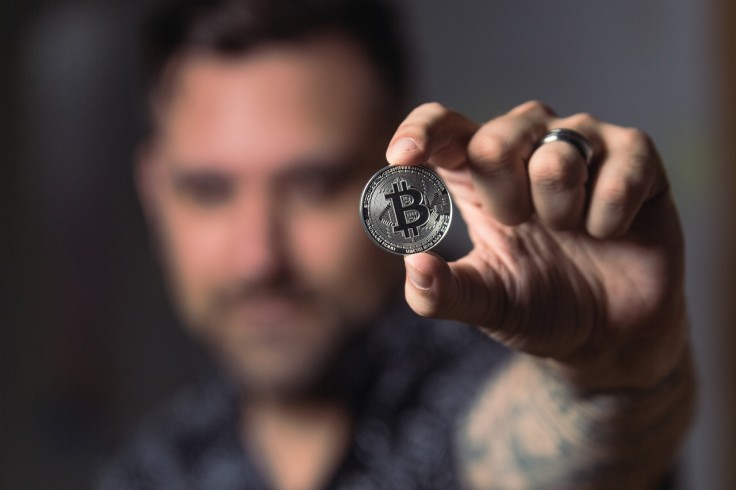
With all the unprecedented events happening at the same time, our society finds itself in a very complicated situation. Economic instability caused by Covid19 was just the start of a series of events that would make even the most comfortable person think about apocalyptic scenarios.
Large inflation rates, zero interest rates, lockdowns that have been going on for more than a year, unemployment at the highest levels since the great depression; the list goes on and it's not pretty.
As a result of this economic meltdown, people are now choosing to buy Bitcoin, precious metals, and many other types of investments to hedge against risk. The only worse thing that could potentially happen is a war; a nuclear one. And while cryptocurrencies are unconfiscatable and immune to actions from the state, it is unclear if they would survive such a situation. This article will outline how Bitcoin and other cryptocurrencies would act under such conditions.
Nuclear war; why and when?
In periods of economic instability, geopolitical tension is nothing new. And while in most cases things do not escalate further than protesting and taunts, the current events could quickly lead to a war situation.
Looking back in history, wartime has always taken away fundamental human rights, it has crushed economies, and it has turned what was once the middle class into less than poverty conditions. Additionally, political prisoners are often stripped from everything they own, as was seen during the holocaust. Money, jewels, precious metals; nothing is safe if it can be taken away from you.
The why in this case is not so hard to predict; if the extended lockdowns continue for a longer period of time, we could see civil unrest, which could eventually lead to civil war. Being weakened due to this situation, other superpowers could see this as an opportunity to attack and claim certain countries as theirs.
The when is still unclear, and it will hopefully never come to this point. However, if lockdowns continue for an extended period of time and people have no means of survival it could be quicker than expected.
Would cryptocurrencies survive?
There are two questions when it comes to this. Would cryptocurrencies survive as technology? And would cryptocurrencies survive in your wallet, while in your possession?
The first question is easy to answer; You can't really destroy a technology. Even if governments were to ban cryptocurrency transactions between individuals and purchases from exchange platforms, the popularity and adoption would continue to exist on a peer to peer level. We are already seeing this in third-world countries that are desperately trying to prevent the adoption of cryptocurrencies (Nigeria, India, etc.).
The second question is more complex to answer. While most wallets and likely yours as well, are non-custodial and store funds in cold storage, the pressure of the state in critical situations could lead to individuals handing over their funds to the state. We have seen this happen often in cases of criminals getting caught and interrogated for their actions. And of course, in war conditions, everyone that finds a way to escape from the oppression of the system could be seen and labeled as a criminal.
You should still own some though
Even if we were to reach this point sometime in the future, it is still a very good idea to own some Bitcoin in a wallet that is not whitelisted. While whitelisted addresses can easily be tracked and confiscated, it is those that have not been through KYC that can provide all the privacy you need to protect your funds in uncertain situations.
In this case, you could exchange funds by using decentralized exchanges on the web and transfer the funds directly to another private wallet at your convenience. This is the only way you can keep track of your funds without worrying that a third party could use political reasons to confiscate your coins.
To create a non-whitelisted wallet, all you need to do is create an account on Trust wallet. The app will never ask for your personal information as long as you do not want to make any purchases. Aside from that, you can rest assured that hardware wallets are also a great choice. These small physical devices are not connected to the web, and you can store your coins without giving up your ID or any other information.
Closing, remember that this is simply a speculative and subjective opinion. Everything we discuss in this article is hypothetical. If a nuclear war were ever to occur in the short term future, it would most likely have a detrimental effect on the price of Bitcoin. This, in and of its own makes it hard to make any predictions for the future value of the crypto industry.









